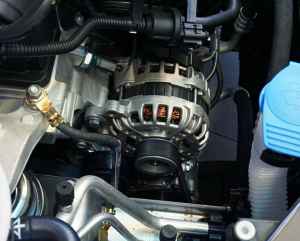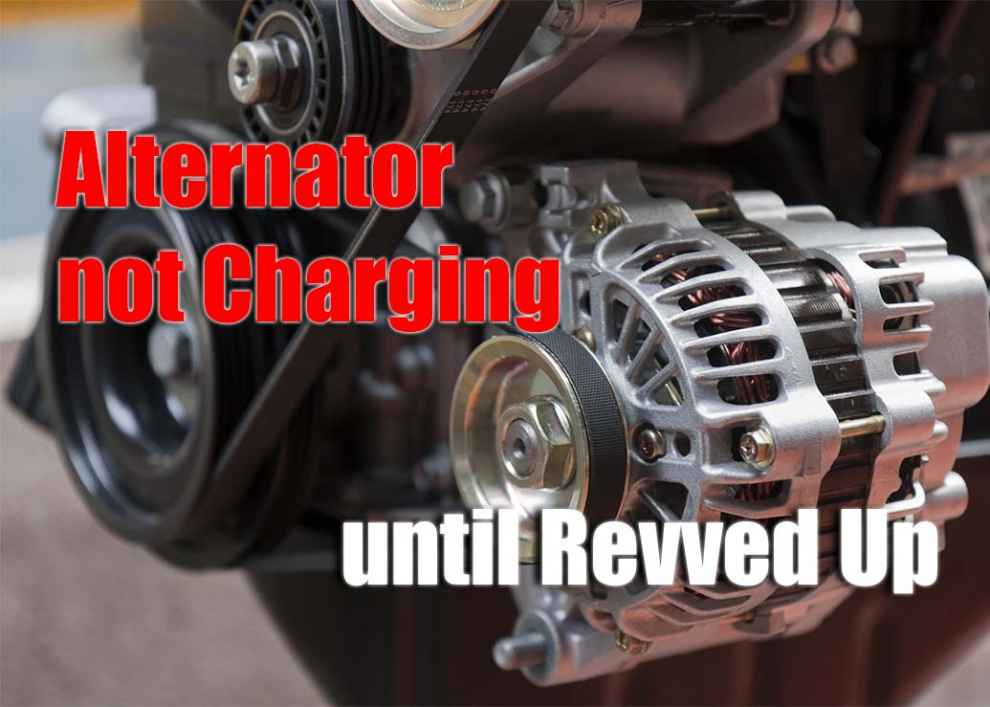An alternator is a car component responsible for maintaining the charge in your car’s battery. For the car to run at its peak performance, it’s important to keep the battery charged. When an alternator isn’t charging until revved up, it could be a sign of an underlying problem. This article will provide you with tips on troubleshooting and replacing faulty parts when an alternator isn’t charging until revved up.
Common Causes for Alternators Not Charging Until Revved Up
Before attempting any repairs, it’s important to identify the cause of an alternator not charging until revved up. Here are some common culprits:
Faulty Alternator or Wiring Harness
The most common cause of an alternator not charging until revved up is a faulty alternator or wiring harness that is not sending power from the battery (such as Best Battery for Jeep) to the alternator effectively. This can be caused by a defective or corroded connection between the wiring harness and the positive terminal of your car’s battery, or between any other component in your vehicle’s electrical system such as fuses and relays.
Low Battery Voltage or Failing Battery Cells

Faulty Voltage Regulator or Diode
A faulty voltage regulator or diode can also be responsible for an alternator not charging until revved up. The voltage regulator controls the amount of current going through your car’s electrical system and ensures that your car’s battery does not become overcharged. The diode is responsible for controlling the flow of electricity in one direction, and if it fails then it could result in an alternator not charging until revved up.
Diagnosing and Replacing Parts
Once you have identified which component might be causing your alternator to not charge until revved up, you can begin to take steps towards diagnosing and replacing any faulty parts or components:
Testing the Alternator Output
First, you will need to test your alternator’s output with a multimeter set to measure DC volts. Start the car and let it idle for a few minutes, then take the reading on the multimeter. It should read around 13.5V-14.5V if the alternator is working correctly. If the reading is lower than that, then you may need to replace your alternator.
Testing the Wiring Harness & Voltage Regulator
Next, you will want to test your car’s wiring harness and voltage regulator for any loose connections or faulty parts that could be causing your alternator not charging until revved up. You can use a multimeter set to measure resistance to check for any broken wires or connections between different components in your car’s electrical system such as relays and fuses.
Replacing Faulty Parts & Components
If any of these tests indicate that a part or component is faulty, you will need to replace it with a new one before testing again to see if it resolves the issue of an alternator not charging until revved up. Be sure to consult your vehicle’s repair manual before attempting any repairs so you can make sure you are replacing the right parts in order for them to work properly together again once installed.
Final Thoughts
An alternator not charging until revved up can be a sign of an underlying problem with your vehicle’s electrical system. By following the steps outlined in this article, you should be able to identify the cause and take measures towards replacing any faulty parts or components. Be sure to consult your repair manual before attempting any repairs so you can make sure you are replacing the right part for optimal performance.

Add Comment